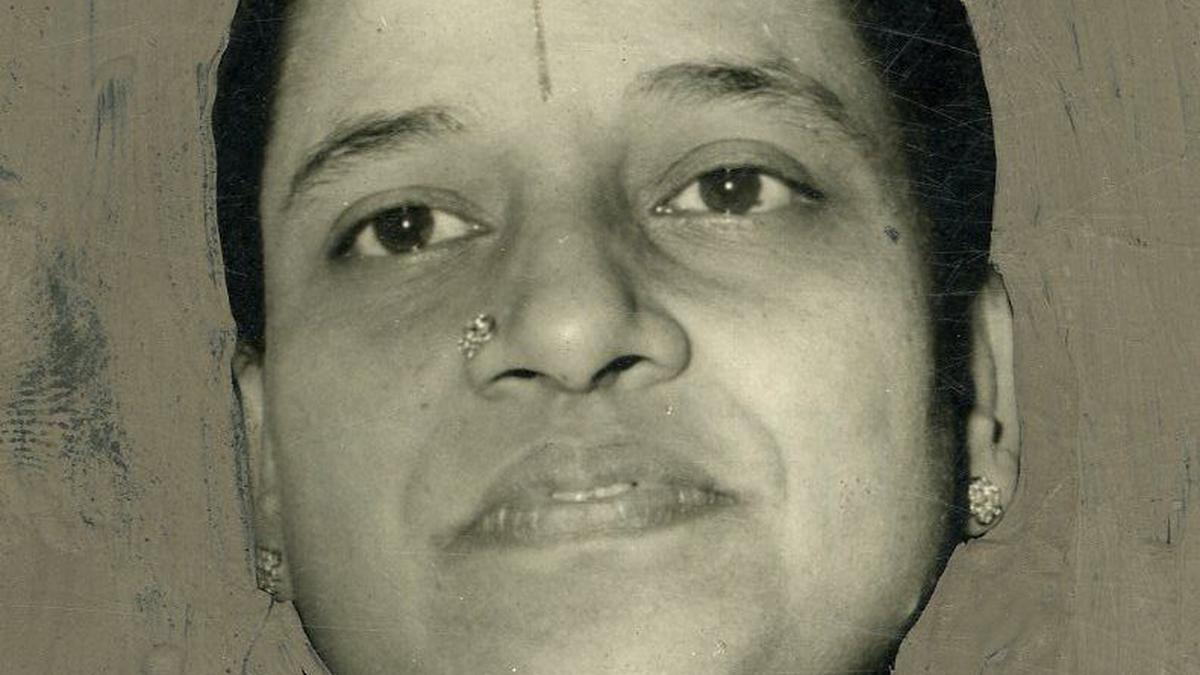
Women pioneers in the legislature since the days of Madras Presidency
The Hindu
Women pioneers in the legislature since the days of Madras Presidency
With the recent passage of the women’s reservation Bill by Parliament, it would be interesting to recall the significant role played by pioneering women in the affairs of legislature of Tamil Nadu or the erstwhile Madras Presidency.
In fact, the Madras Legislative Council, as the legislature was called in 1921, at its first session in April that year, adopted a resolution for women franchise. In 1923, women, for the first time, voted for the Legislative Council and the Central Assembly (Parliament), according to B. Ramanathan, professor of history at Presidency College. He recorded this in a special publication brought out in 1997 on the occasion of the platinum jubilee of the Tamil Nadu legislature and the diamond jubilee of the Assembly.
The first woman to contest in an election in the Presidency was Kamaladevi Chattopadhyay (1903-1988), an early advocate of women’s rights. She was a principal figure in the nationalist movement and played a crucial role in bringing back handicrafts, theatre and handlooms to help uplift women. National School of Drama, Sangeet Natak Akademi, Central Cottage Industries Emporium, and the Crafts Council of India owe their existence to her.
Born in Mangaluru, Kamaladevi chose to contest in the November, 1926 election as an Independent in the South Kanara (now called Dakshina Kannada) rural constituency, meant for non-Muslims. Those days, the region was part of the Madras Presidency. But she lost to K.R. Karanth of the Congress by about 500 votes. Perhaps, her defeat had a role in Muthulakshmi Reddy (1886-1968) getting nominated to the Madras Legislative Council. Describing Muthulakshmi’s nomination as a noteworthy feature, a news item published by The Hindu on December 8, 1926, said Kamaladevi had put up a “plucky fight” in the recent election.
When Muthulakshmi, according to a report of The Hindu on December 14, 1926, took oath, she was “lustily cheered” by all present, particularly by the occupants of the women’s gallery. She went on to become the deputy president of the Council and she spearheaded a campaign against the Devadasi system. She introduced a Bill a year later to get the system declared illegal. Even though she did not succeed initially, the legislature adopted a Bill 20 years later.
Rukmini Lakshmipathi (1891-1951) was the first woman to get elected to the legislature of the State (from a general constituency in Chennai in 1937, the year when the State got a bicameral legislature). She went on to become the Deputy Speaker of the Legislative Assembly. She held the post till October 1945. Six months later, she became the first woman Minister of the State when the Congress Ministry, headed by T. Prakasam, was formed. Though she held the portfolio of Health for only about one-and-a-half years, Professor Ramanathan, in his article, attributed the inauguration of maternity centres in villages to her leadership.
An ardent Congress member, she was the first woman to be arrested during the Salt Satyagraha in 1930 at Vedaranyam and awarded one-year simple imprisonment. At the time of Rukmini’s death, K. Kamaraj, Tamil Nadu Congress Committee (TNCC) chief, recalled that as the TNCC vice-president in the “crucial years” of 1942-45, she directed the national movement in the State with “devotion and zeal”.

The girl, who was admitted to Aster CMI Hospital with alarming breathlessness and significant pallor, was diagnosed with Wegener’s Granulomatosis (now known as Granulomatosis with Polyangiitis or GPA), a rare autoimmune condition that causes spontaneous bleeding in the lungs, leading to acute respiratory failure.

ACB files case against IPS officer N. Sanjay in Andhra Pradesh. The official is accused of manipulating the tender processes for awarding contract for development and maintenance of AGNI-NOC portal, and conducting awareness meetings for SC/STs. It is alleged that the total value of properties stolen, or involved in the case is estimated at ₹1,75,86,600.









